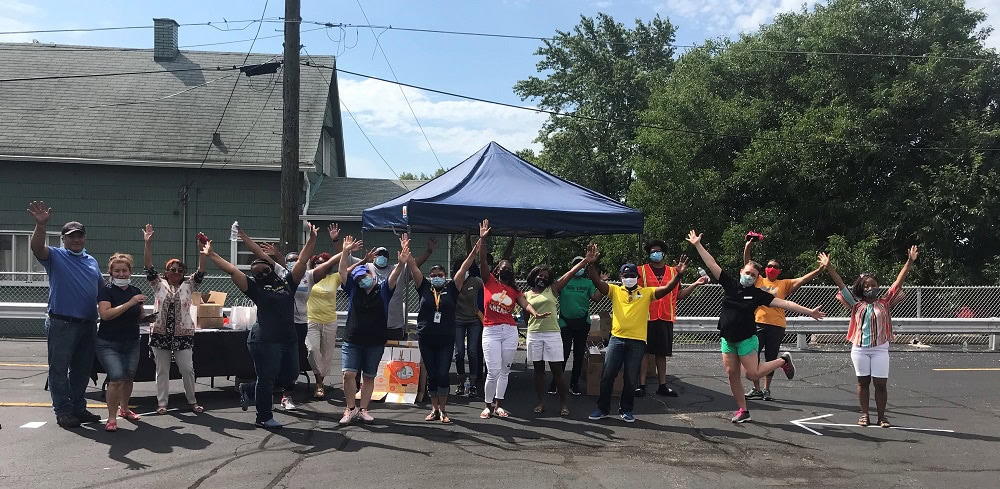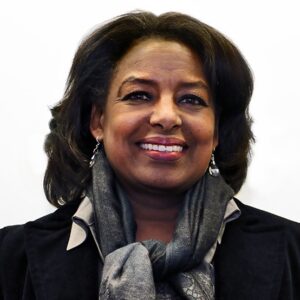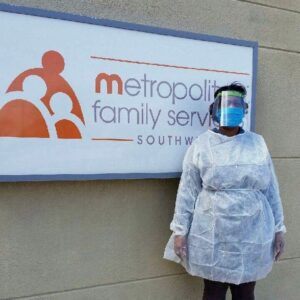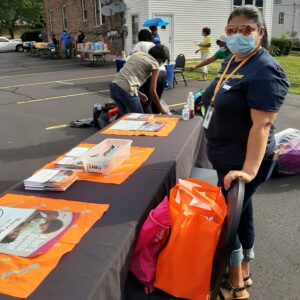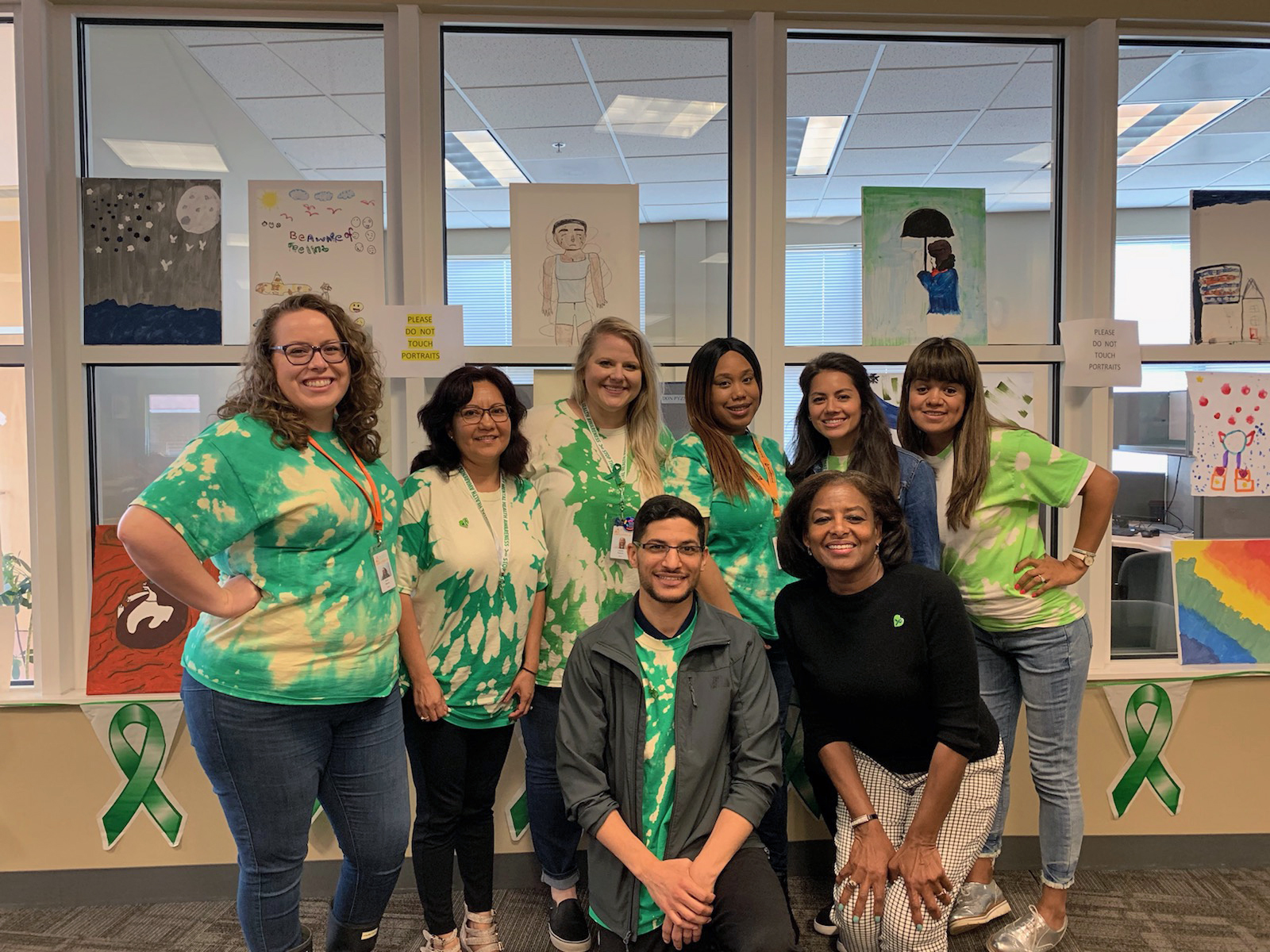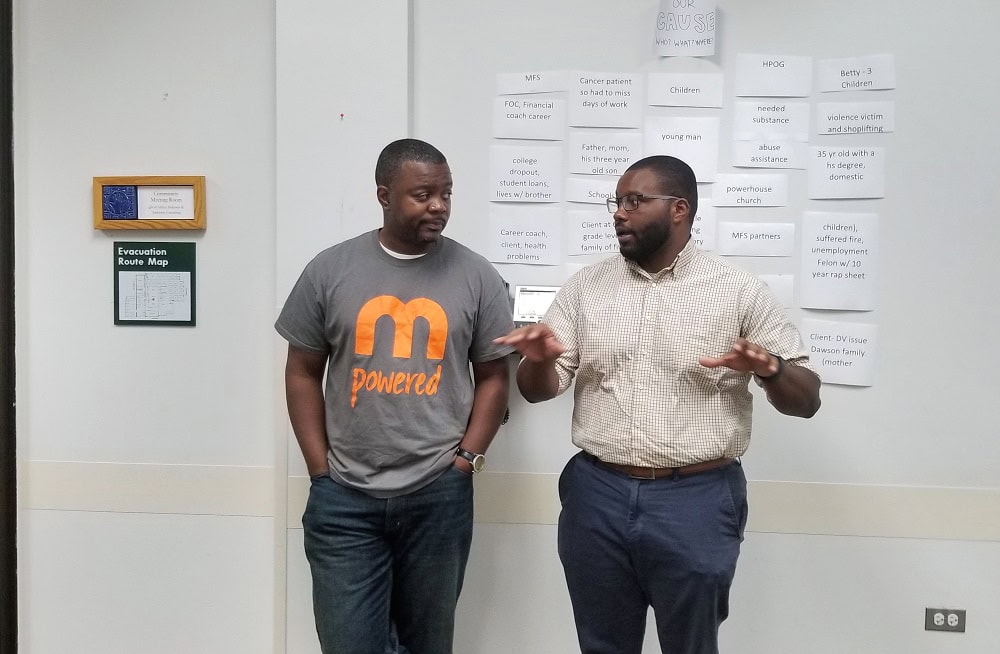
BRYAN JOHNSON
October 10, 2020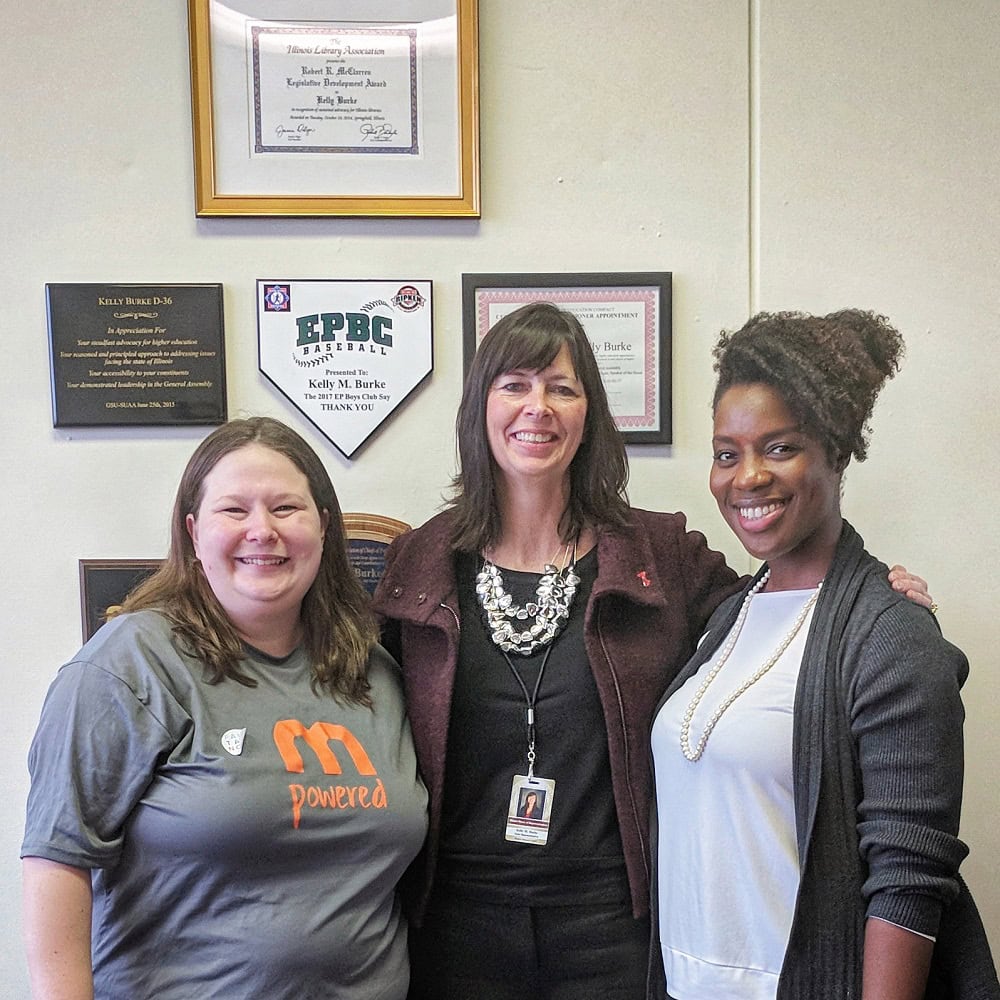
JESSICA-ROSE WALLACE
October 10, 2020
BRYAN JOHNSON
October 10, 2020
JESSICA-ROSE WALLACE
October 10, 2020PAM TERRELL
Pam came to Metropolitan Southwest about two years ago in the wake of funding cuts and on the precipice of major organizational changes. “It put me into a mode of support, education, and resilience,” she shares.
It’s a mode Pam is familiar with; social services and giving back has been a part of her family’s legacy for generations. “It’s in my blood!” she says. “My great, great maternal and paternal grandparents are at the root of my passion.” Bringing that passion to Metropolitan Southwest, she shares, “affords me an opportunity to help those who are vulnerable and at risk.”
Her leadership – rooted in working alongside her team, particularly her Clinical Director of Behavioral Health to find solutions together – helped the Center navigate implementing a new Electronic Health Records system, shifting to a more financially sustainable service model and completing the related assessments, restructuring Child and Adolescent Mental Health and Adult Mental Health into one Behavioral Health initiative, and expanding Metropolitan’s presence into a communities struggling with historical disinvestment.
Changing the model of one of the programs, Mobile Crisis Response – a face to face crisis stabilization response program for families and individuals in mental health crisis – started what Pam calls a “domino effect,” or a fundamental change in the way Metropolitan Southwest operates. “We looked at the efficiency of that model,” she says, “which helped us develop a continuum of care focused on improved operations, stabilization of crisis, and connecting to long-term care.”
And then a global pandemic happened.
The Center’s focus on mental health meant several programs needed to stay open during the shelter-in-place order due to components that couldn’t be done remotely; from injectable medications to prescription pickups to contracts requiring in-person care, even when rioting broke out in the wake of George Floyd’s murder. Pam shares, “Ric [Estrada, CEO]’s message on living out our agency’s values and Theresa [Nihill, COO]’s support as we worked through each challenge, helped us to mentally prepare for what we now know was a sobering reality - We are essential and we have to figure this out.”
Pam says her team rallied together. “They said, ‘This is who we are, this is why we’re here,’” she shares. “We built kits with face shields, masks, gowns, gloves, hygiene supplies, whatever it took for them to stay safe.” They met people in the parking lot, handing supplies through car windows and where appropriate, provided help remotely. They implemented telehealth services and trained staff on how to use Zoom. They re-assigned cases to ensure service for every client and to balance caseloads, which could reach 40-60 clients per clinician. They supported each other by motivating, mentoring, sharing time management advice, reorganizing the reporting structure, holding trainings on new duties and processes, while also providing therapy. “They helped us help them,” Pam says.
“We never shut down at Southwest,” she shares. “We were essential.”
Because her team had been so instrumental in working through the pandemic, they were well positioned to support other programs going through the same challenges. “Before we had a Pandemic Operations Plan, our support team had to figure out how to resolve those barriers,” Pam shares, so she held meetings with other Centers and programs to share Southwest’s practices and approaches, based on staff experiences and feedback they’d received. “We talked about how we got resilient, and got back out there,” she says.
“We have this unique ability,” Pam shares, at the intersection of telehealth and Metropolitan’s network of community centers. No longer bound by geographic proximity to clients, clinicians anywhere can jump in to eliminate waitlists and help ensure we’re serving anyone who needs help. “If all of our caseloads are full, I could reach out to Vanessa [Schwartz, at Southeast Chicago], Roxanne [Nava, at North], or Laurie [Sedio, at Midway] and ask if they have any clinicians who are struggling with building their caseload.”

